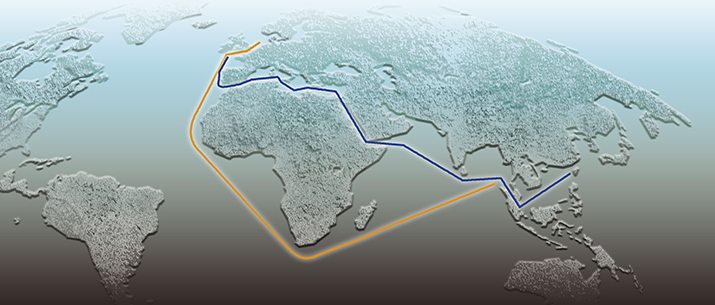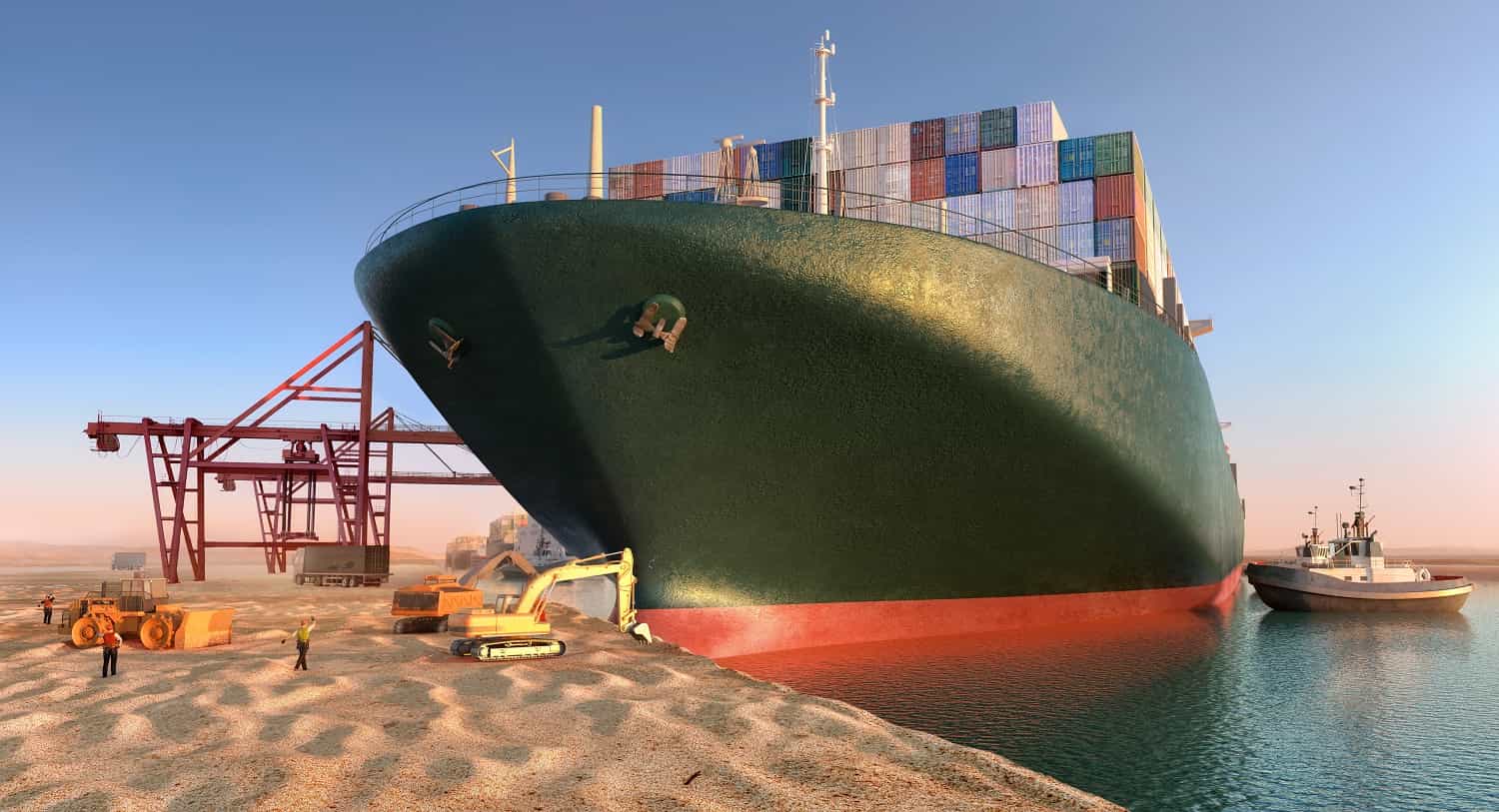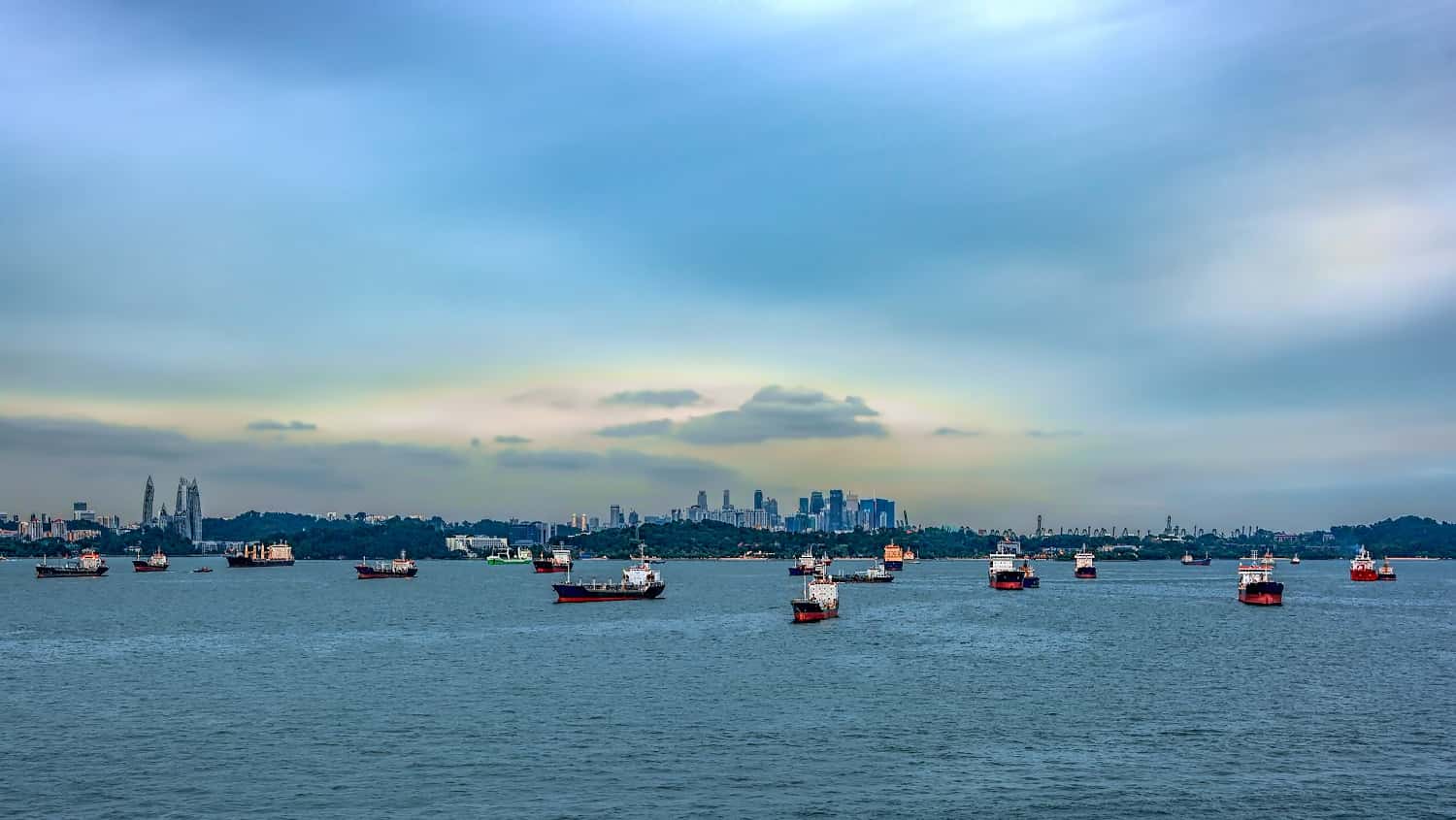
SURCHARGES & FORECAST CHANGES
Following the events in the Red Sea and the announcement of the suspension of navigation in the area by major shipping companies, disruptions are multiplying in the entire logistics industry.
In a matter of days, a significant portion of the usual traffic is being diverted towards the Cape of Good Hope.
Major companies are taking extreme measures by piling up surcharges intended to offset additional costs and justify “at-risk” operations.
In addition to the usual PSS (Peak Season Surcharge) ahead of the Chinese New Year, companies are imposing ECS (Emergency Surcharges), ERC (Emergency Fee), and other charges. Maersk, for example, has imposed a TDS (Transit Disruption Surcharge) while other steamship lines are imposing surcharges of several hundred dollars per container, some of which are applicable without any prior notice.
The question arises as to whether it is reasonable for companies to take so many measures or if it is time to restore profitability that has been declining for several months.
Egypt, as collateral damage, has been cut-off from its second source of income. Currently, the freight for a container is approximately $500,000.
All routes have been affected by these surcharges, whether routed through the Suez or Panama.
The long-term consequences on freight rates and logistics operations remain uncertain. Regarding air transport, freight rates could also react to urgent shipment demands, especially for high-value and/or time-sensitive goods. Warehousing has also been impacted.


